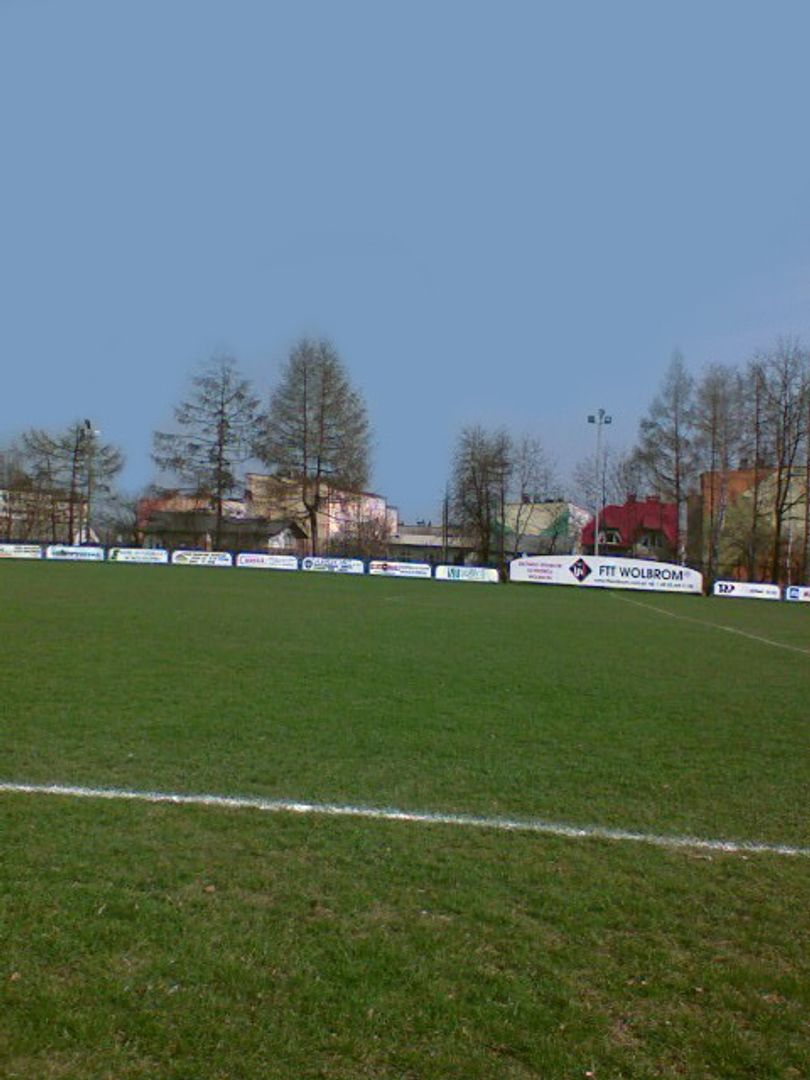Wolbrom
6.98

Overview
Wolbrom, a town in the Lesser Poland Voivodeship with a rich history dating back to its founding in 1327 by Władysław Łokietek, is a significant industrial and cultural center. The history of Wolbrom is marked by tragic events, such as numerous fires in the 19th and early 20th centuries that destroyed large parts of the town, and the tragic fate of the Jewish community, which had settled here since the 17th century and fell victim to the Holocaust during World War II. Over the centuries, the town has been a place of numerous settlements and changes, reflected in its architecture, where the oldest fragments include the 17th-century Parish Church of St. Catherine and the Baroque Church of the Immaculate Conception of the Blessed Virgin Mary. Wolbrom also features remnants of 19th-century buildings and monuments, such as the statue of Jan Kiliński. The town's culture thrives thanks to the activities of the Cultural Center, the Municipal Public Library, and recurring events like the Wolbrom Days, which bring together the local community. Wolbrom is also home to interesting facts, such as the filming of the movie "Próba mikrofonu" ("Microphone Test"), and symbolic memorial sites, including the Holocaust victims' cemetery. The town also boasts tourist infrastructure, such as the Nerka and Wolbrom Reservoirs, which attract anglers. Demographically, according to 2011 data, Wolbrom covers an area of 10.12 km², and its terrain, along with the proximity of Kamienna Góra, influences the local landscape. The town is economically developed, serving as an important center for the rubber, metal, and wood industries, with major manufacturing plants. Honorary citizens of Wolbrom include President Andrzej Duda and distinguished scientists. Wolbrom, embedded in a rich regional context, blends history, culture, and modernity, making it an interesting place on the map of Poland.
Location
2026 Wizytor | All Rights Reserved